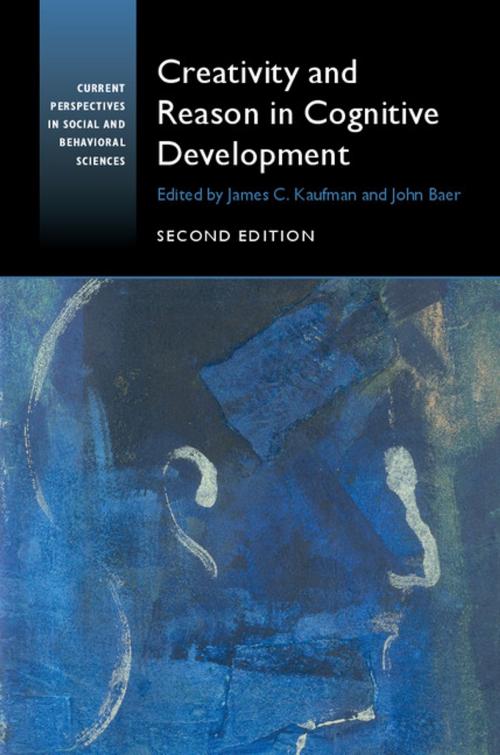Creativity and Reason in Cognitive Development
Nonfiction, Reference & Language, Education & Teaching, Educational Theory, Educational Psychology, Health & Well Being, Psychology| Author: | ISBN: | 9781316537657 | |
| Publisher: | Cambridge University Press | Publication: | February 15, 2016 |
| Imprint: | Cambridge University Press | Language: | English |
| Author: | |
| ISBN: | 9781316537657 |
| Publisher: | Cambridge University Press |
| Publication: | February 15, 2016 |
| Imprint: | Cambridge University Press |
| Language: | English |
This book explores the development of cognitive skills related to reasoning and creativity, two strands that can intertwine to work together at times but may also be at odds. Spontaneity and freedom from constraint, characteristic of the thinking of young children, may be essential to creativity, which has prompted many to question how much we lose as we progress through childhood. Research and common sense tell us that effort, practice, and study are necessary for the highest levels of creative accomplishment, yet such intentional exertions seem antithetical to these hallmarks of creativity. In this revised and expanded second edition, leading scholars shed new light on creativity's complex relationship to the acquisition of domain-based skills and the development of more general logical reasoning skills. Creativity and Reason in Cognitive Development will be an essential reference for researchers, psychologists, and teachers seeking to better understand the most up-to-date work in the field.
This book explores the development of cognitive skills related to reasoning and creativity, two strands that can intertwine to work together at times but may also be at odds. Spontaneity and freedom from constraint, characteristic of the thinking of young children, may be essential to creativity, which has prompted many to question how much we lose as we progress through childhood. Research and common sense tell us that effort, practice, and study are necessary for the highest levels of creative accomplishment, yet such intentional exertions seem antithetical to these hallmarks of creativity. In this revised and expanded second edition, leading scholars shed new light on creativity's complex relationship to the acquisition of domain-based skills and the development of more general logical reasoning skills. Creativity and Reason in Cognitive Development will be an essential reference for researchers, psychologists, and teachers seeking to better understand the most up-to-date work in the field.















